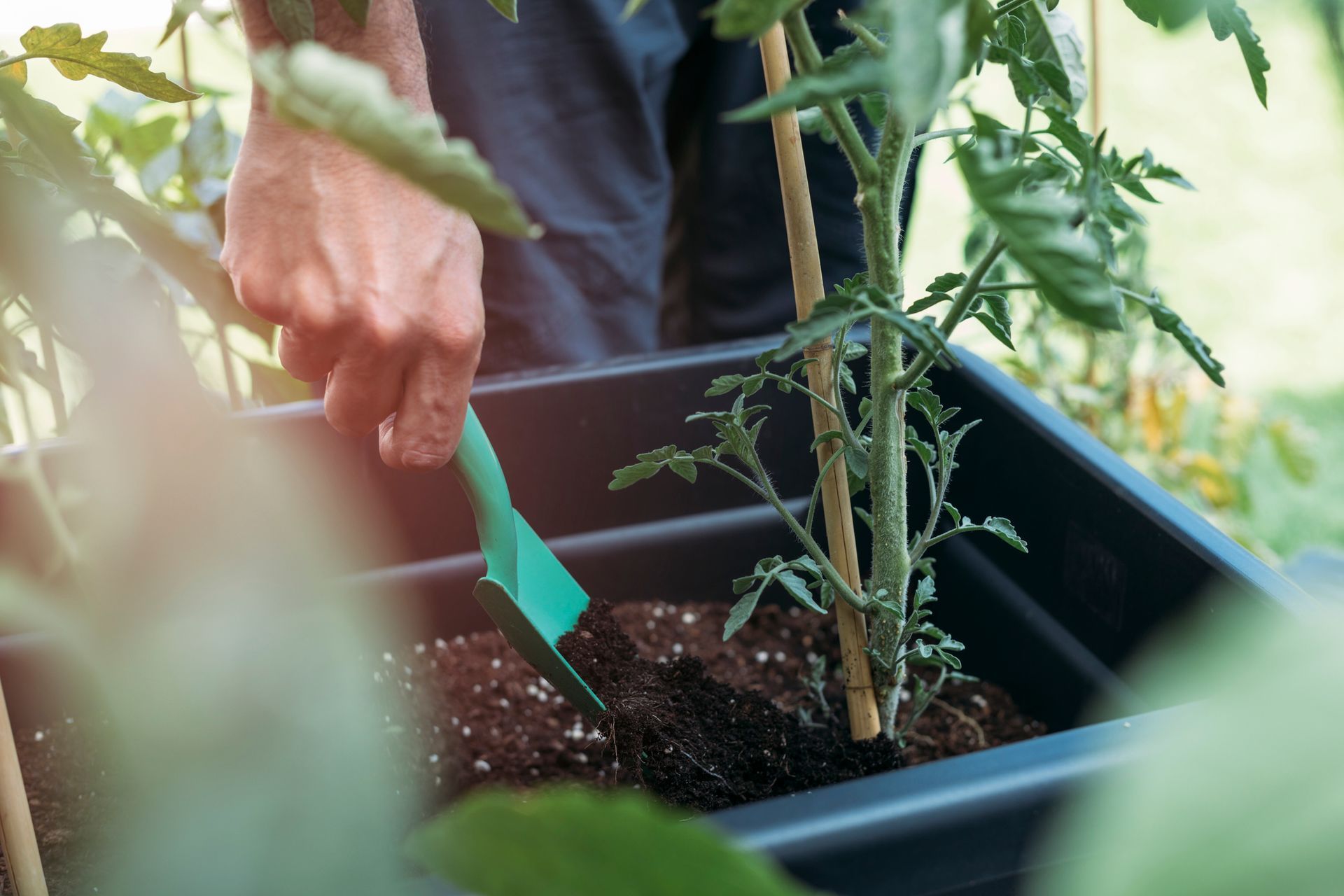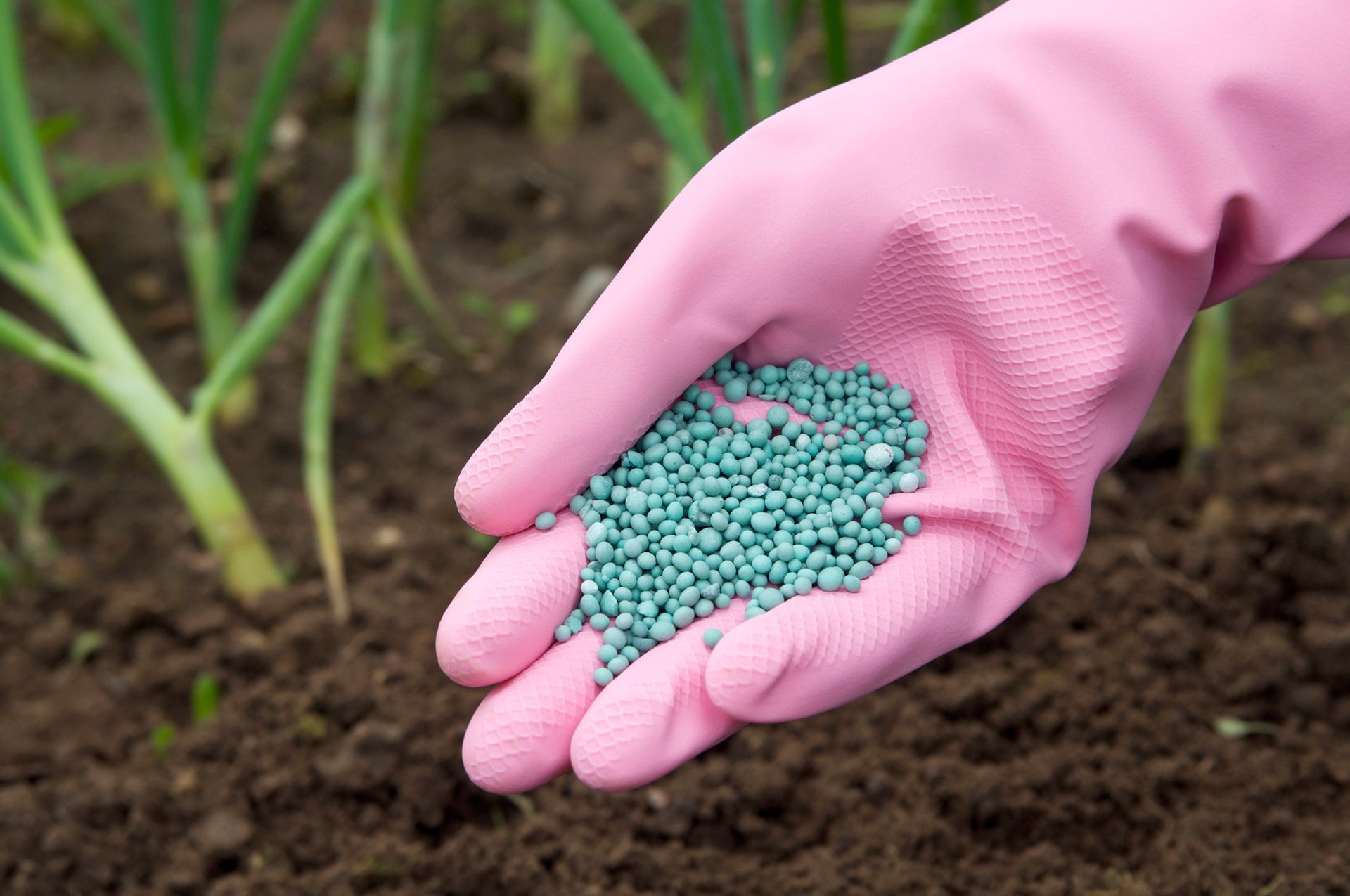Inorganic vs. Organic Fertilizers: What's Best for Cedar County MO Farms?
Choosing the right fertilizer can make or break your harvest. That’s why Bolivar Farmers Exchange is here to help Cedar County growers understand the difference between organic and inorganic agricultural fertilizers in Cedar County, MO. Whether you're managing row crops or pasture, knowing what goes into your soil is key to getting the results you want.
What Are Inorganic Agricultural Fertilizers?
Inorganic agricultural fertilizers are made from synthetic chemicals or mined minerals. They’re designed to deliver nutrients like nitrogen, phosphorus, and potassium directly to your crops in a form that plants can absorb quickly.
These fertilizers are especially useful when crops need a fast nutrient boost. Because they’re water-soluble, they get into the plant system faster than organic options. This makes them ideal for time-sensitive applications, like correcting nutrient deficiencies during the growing season.
How Organic Fertilizers Work
Organic fertilizers come from natural sources—things like compost, animal manure, and plant matter. They release nutrients slowly as they break down in the soil, feeding both the plants and the soil microbes.
While inorganic agricultural fertilizers offer quick results, organic fertilizers focus more on long-term soil health. They improve soil structure, increase water retention, and support beneficial organisms that help crops grow over time.
Nutrient Availability: Fast vs. Slow
One of the biggest differences between the two is how fast nutrients become available to plants.
- Inorganic agricultural fertilizers release nutrients almost immediately after application.
- Organic fertilizers take time to decompose and release nutrients gradually.
This means that if your crops are showing signs of stress or deficiency, inorganic agricultural fertilizers can provide a quick fix. On the other hand, organic fertilizers are better suited for long-term soil building.
Cost Considerations for Farmers
Cost is a major factor for any farm operation. Organic fertilizers are often more expensive per pound of nutrient. They also require more volume to achieve the same nutrient levels.
Inorganic agricultural fertilizers are more concentrated. That means you can apply less product and still meet your crop’s nutrient needs. For many Cedar County farmers, this makes them a more cost-effective option, especially for large-scale operations.

Speed of Effectiveness in the Field
Timing is everything in farming. If your crops are behind or the weather has delayed planting, you need a fertilizer that works fast.
Inorganic agricultural fertilizers are absorbed quickly by plants, making them ideal for in-season corrections. They’re also easier to apply with modern equipment, which saves time and labor.
Why Cedar County Farmers Prefer Inorganic Options
In Cedar County, many row crop and pasture producers rely on inorganic agricultural fertilizers for their speed, reliability, and ease of use. The growing season can be unpredictable, and these fertilizers help farmers stay on track.
They’re also consistent. Each bag contains a known amount of nutrients, so you can plan your application rates with confidence. That kind of predictability is important when margins are tight and every acre counts.
Short-Term Yields vs. Long-Term Soil Health
There’s a trade-off between fast results and long-term benefits.
- Inorganic agricultural fertilizers are great for boosting short-term yields.
- Organic fertilizers help build healthier soil over time.
Some farmers use a combination of both. This hybrid approach allows them to meet immediate crop needs while still investing in the long-term health of their fields. It’s a smart strategy for balancing productivity and sustainability.
Making the Right Choice for Your Operation
Every farm is different. The best fertilizer depends on your crop type, soil condition, and goals.
Ask yourself:
- Do I need fast results this season?
- Am I focused on long-term soil health?
- What’s my budget for fertilizer?
- What equipment do I have for the application?
If you’re unsure, a soil test is a great place to start. It helps you understand what your soil needs and how inorganic agricultural fertilizers can help meet those needs efficiently.
Smart Fertilizer Tips for Cedar County Growers
Here are a few tips to get the most out of your fertilizer investment:
- Test your soil before applying anything.
- Apply at the right time for your crop’s growth stage.
- Use the correct rate to avoid waste or damage.
- Store fertilizers properly to maintain quality.
- Consider blending organic and inorganic options.
These steps help you use inorganic agricultural fertilizers more effectively and protect your investment.
Environmental Considerations
While inorganic agricultural fertilizers are efficient, they must be used responsibly. Over-application can lead to runoff, which affects local waterways. That’s why it’s important to follow label instructions and apply only what your crops need.
Organic fertilizers are less likely to cause runoff, but they still need to be managed carefully. Nutrient leaching can happen with any fertilizer if it’s not applied correctly.
Let Bolivar Farmers Exchange Help You Grow
Choosing between organic and inorganic agricultural fertilizers doesn’t have to be complicated. At Bolivar Farmers Exchange in Cedar County, MO, we help local farmers make smart, informed decisions for their crops. Have questions? Contact us today to speak with a local expert who understands your needs.
Whether you’re looking to boost yields this season or build healthier soil for the future, we’ve got the products and advice you need.


